These are some contents to improve the quality of education and expand learning opportunities for ethnic minority students mentioned in the Draft Circular amending and supplementing Circular No. 44/2021/TT-BGDDT dated December 31, 2021 of the Minister of Education and Training promulgating the Regulations on enrollment, pre-university training; consideration of transfer to university and college level in Early Childhood Education, which the Ministry of Education and Training just announced today (July 28) to collect public opinions.
New highlights
Draft Circular to add Information Technology as a compulsory subject in the cultural knowledge training program.
The subject mix is more diverse, allowing students to choose with or without English and IT.
Increase study time for core subjects such as Math (8 periods/week), Literature (7 periods/week).
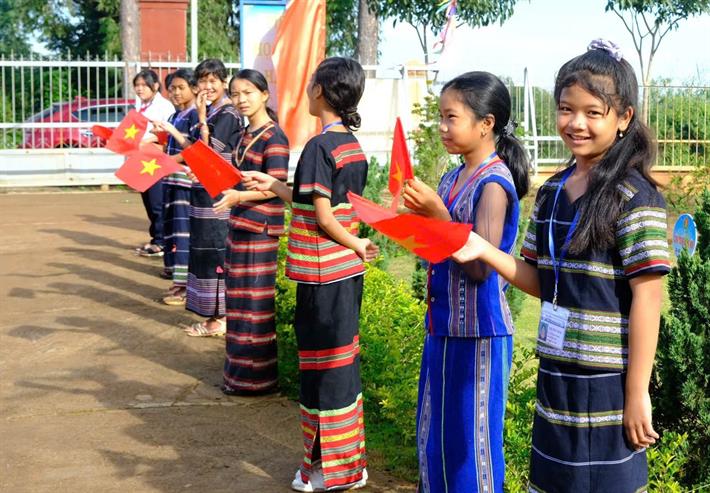
Illustration photo
Along with that, the draft Circular also enhances the content of practice, experimentation and application of technology, especially artificial intelligence (AI).
With the new draft Circular, the Program is flexibly designed with 70% mandatory content and 30% proactively developed by the school.
Clear orientation on subjects to foster cultural knowledge.
Draft Circular amending and supplementing the Cultural Knowledge Training Program of 11 subjects taught at university preparatory schools. Specifically:
The pre-university cultural knowledge training program is built on the principle of inheriting and developing from the subject program prescribed in Circular No. 32/2018/TT-BGDDT, approaching the international, constantly innovating according to the world 's approach trends, and at the same time closely linked to the training reality of pre-university schools. The content of the cultural knowledge training program for subjects contains approaches to national and international content of interest, meeting the requirements of cultural knowledge training for ethnic students.
Pre-university students are provided with cultural knowledge in three subjects according to the subject combination used for admission to the University (subject 1, subject 2, subject 3 including Math, Literature, English, History, Geography, Physics, Chemistry, Biology, Economic and Legal Education, Information Technology, Technology) and English, Information Technology. Information Technology is included as a cultural knowledge subject.
The Circular amending and supplementing Circular 44/2021/TT-BGDDT has built subject combinations to foster cultural knowledge to ensure diversity and comprehensiveness suitable for many choices of ethnic minority students: Subject combinations without English and Informatics; Subject combinations with English or Informatics; Subject combinations with both English and Informatics
The time for the subject group includes both Math and Literature. Math study time is 8 periods/week, Literature study time is 7 periods/week.
The training period for DBĐH is 01 academic year. The Principal of DBĐH decides on the Academic Year Plan to ensure 28 weeks of actual study, the remaining time is for review, final exams and other activities.
Strengthening practical and experimental content for Natural Science subjects in each topic, promoting the exploitation of information technology and orienting students to specialize in exploiting and using AI technology.
The clear structure of the draft program facilitates lecturers to plan teaching, innovate teaching methods, test and evaluate students' qualities and abilities, and design diverse learning activities suitable for pre-university students.
The program has a flexible structure with about 70% of the content and duration being compulsory; the remaining 30% of the content and duration is for the school to proactively develop a plan and learning content for students in accordance with the students' needs and the school's conditions.
Promoting creativity in teaching and learning
The newly issued draft Circular will have a positive impact on both teachers and students.
Accordingly, for teachers, the Cultural Knowledge Training Program requires lecturers to have solid professional knowledge, actively innovate teaching methods, and diversify teaching organization forms to promote students' initiative and creativity in learning.
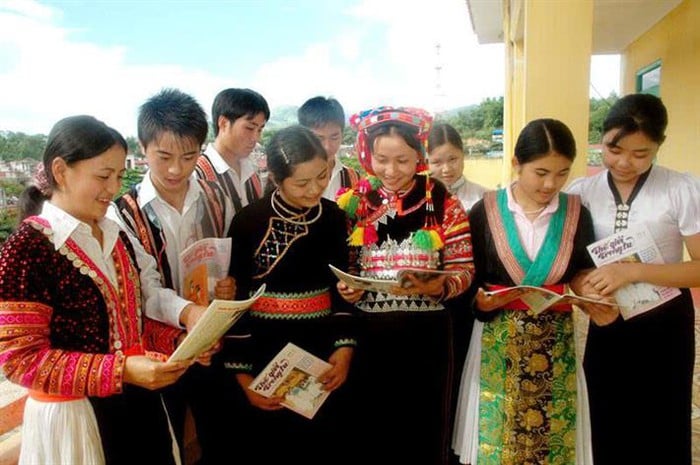
Illustration photo
For students, the Cultural Knowledge Training Program is oriented towards consolidating and systematizing knowledge in high school, while also having advanced content and topics to meet students' wishes in preparing knowledge, skills, capacity and qualities to orientate to universities.
Concretize the ethnic policies of the Party and State
The 2019 Education Law identifies cultural knowledge training in vocationally oriented subjects as an important part of the education system of specialized schools, aiming to develop the qualities and capacities of ethnic minority students in a number of subjects on the basis of ensuring comprehensive education, creating a training source for admission to universities to meet the development requirements of the locality and the country.
However, there is currently no separate legal document specifically regulating the content of the cultural knowledge training program for ethnic minority students in vocational schools, ensuring consistency in teaching organization among vocational schools.
The country is promoting innovation, digital transformation and deep international integration, the development of high-quality human resources, especially human resources for ethnic minority and mountainous students, is becoming increasingly urgent. DBĐH is a source, a place to train ethnic minority students who are capable of studying at universities across the country with many different majors.
Therefore, the amendment and supplementation of Circular 44/2021/TT-BGDDT together with the DBĐH knowledge training program is the foundation to ensure quality, consistency and long-term strategic orientation for education in DBĐH schools.
The issuance of the Circular amending and supplementing Circular 44/2021/TT-BGDDT together with the DBĐH knowledge training program aims to concretize the ethnic policies of the Party and State for children of ethnic minorities.
Source: https://phunuvietnam.vn/minority-students-are-more-in-contact-with-technology-and-ai-before-entering-academy-20250728234106937.htm


![[Photo] National Assembly Chairman Tran Thanh Man chairs the 8th Conference of full-time National Assembly deputies](https://vphoto.vietnam.vn/thumb/1200x675/vietnam/resource/IMAGE/2025/9/29/2c21459bc38d44ffaacd679ab9a0477c)
![[Photo] General Secretary To Lam receives US Ambassador to Vietnam Marc Knapper](https://vphoto.vietnam.vn/thumb/1200x675/vietnam/resource/IMAGE/2025/9/29/c8fd0761aa184da7814aee57d87c49b3)


![[Photo] General Secretary To Lam attends the ceremony to celebrate the 80th anniversary of the post and telecommunications sector and the 66th anniversary of the science and technology sector.](https://vphoto.vietnam.vn/thumb/1200x675/vietnam/resource/IMAGE/2025/9/29/8e86b39b8fe44121a2b14a031f4cef46)
![[Photo] Many streets in Hanoi were flooded due to the effects of storm Bualoi](https://vphoto.vietnam.vn/thumb/1200x675/vietnam/resource/IMAGE/2025/9/29/18b658aa0fa2495c927ade4bbe0096df)



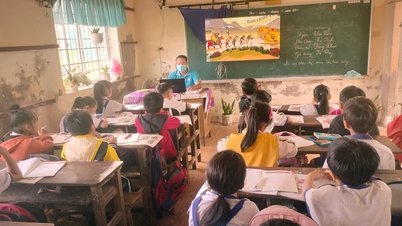

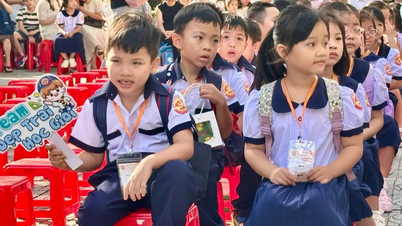



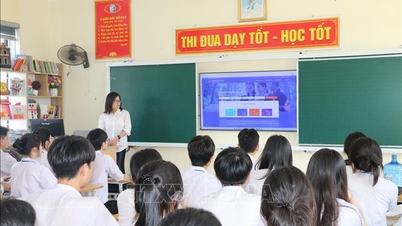



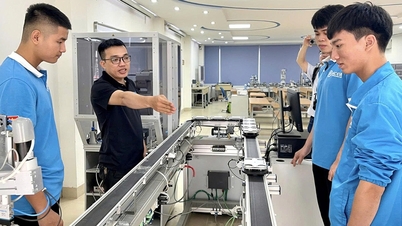

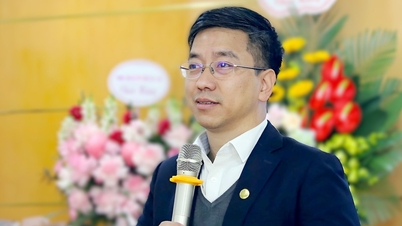

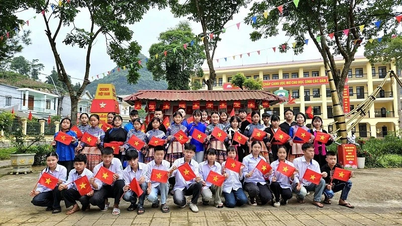

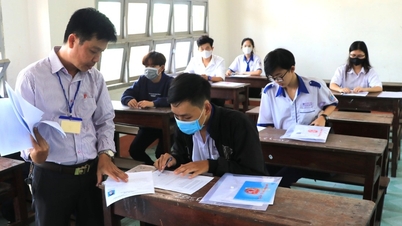







































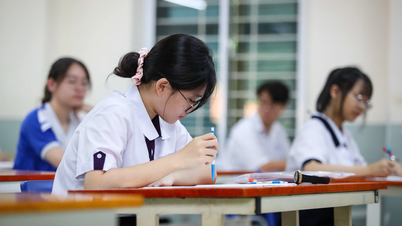




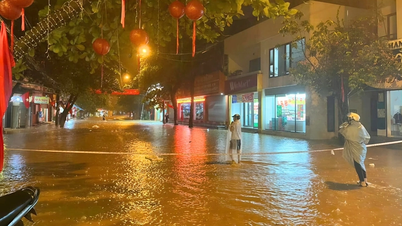










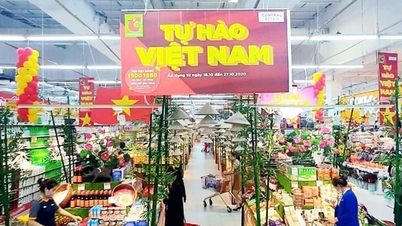


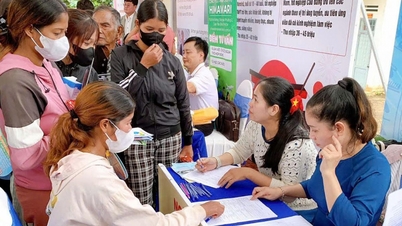

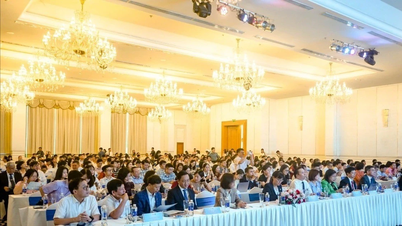














Comment (0)